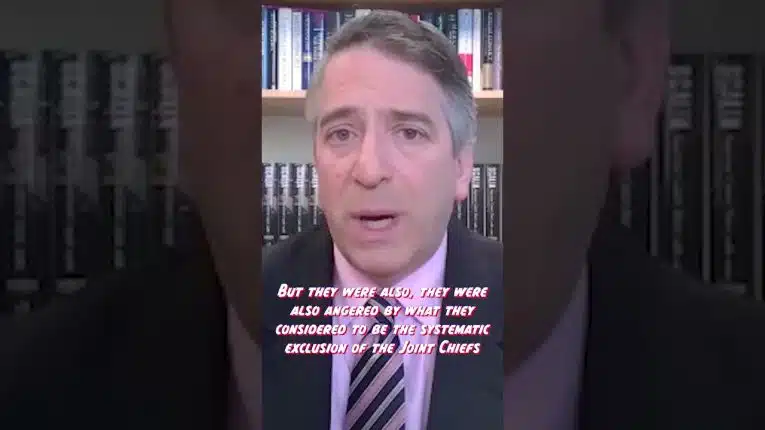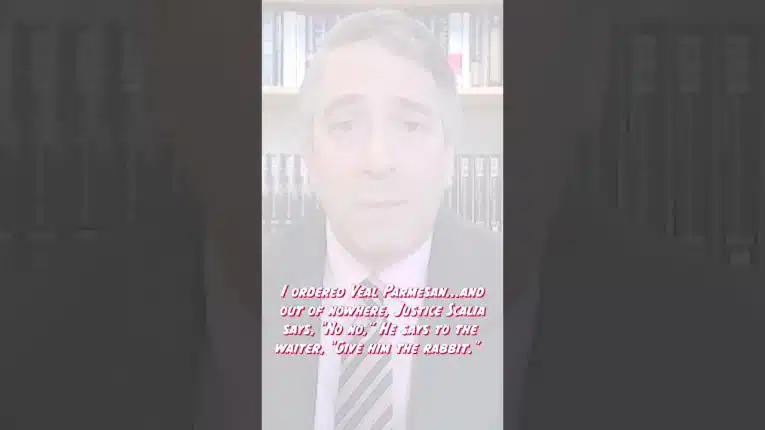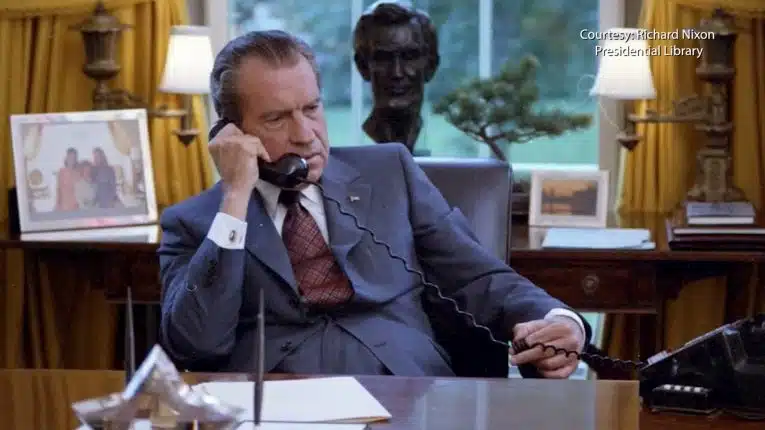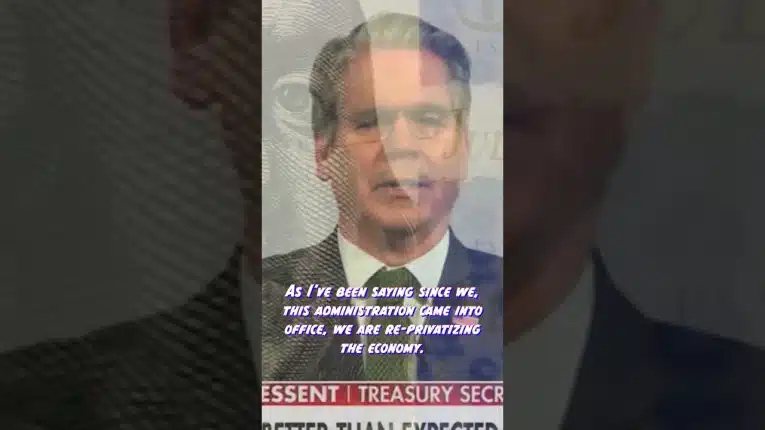By Robert Romano – “If we continue down on the path on which the fiscal authorities put us, we will become insolvent, the question is when,” said Dallas Federal Reserve Bank President Richard Fisher after a recent speech at the University of Frankfurt.
That is an alarming proclamation coming from a prominent central bank official. Not only because of the dire warning, but because Mr. Fisher is in a position to know of what he speaks. And if he is suggesting that the nation faces insolvency, everyone, including citizens and elected leaders, need to listen.
Increasingly, the American people are becoming aware that federal government spending is out of control, and fear bankruptcy, but many may not realize just how bad it really is. And just how quickly out of control it has spun.
In 2007, the budget deficit was just a mere $160.7 billion. But today, it threatens to climb to $1.645 trillion in 2011, according to the White House of Office of Management and Budget. That’s a ten-fold increase.
So, just how could the deficit climb from $160.7 billion to $1.645 trillion in just four short years? Part of it has been the recession, wherein revenues plummeted from $2.567 trillion in 2007 to a projected $2.173 trillion for 2011. But that only accounts for $394 billion of the increased shortfall.
The heart of the problem lies in massive increases in spending. So-called mandatory spending increases have totaled $745 billion over the past four years. In fact, it has risen from $1.449 trillion to $2.194 trillion in 2011. Discretionary spending, which includes defense spending, has increased substantially by $374 billion since 2007.
So, $394 billion in lost revenue, and $1.139 trillion of new spending explains the gargantuan deficit increase. That means increased spending accounts for a gargantuan 69 percent of the problem. That means about 69 percent of the solution will invariably include spending cuts. The rest of the shortfall will need to be met by a robust economic recovery and a reduction of unemployment.
But where to begin? Previously, Americans for Limited Government President has outlined a plan to cut about $677.5 billion in spending, including $460 billion of cuts to mandatory, autopilot spending. And that’s just a start.
The real problem with the unsustainable debt is not just the new deficit-spending that occurs every year, but the need to constantly refinance the total $14.1 trillion and to pay ever-escalating sums of interest owed. Already, the government has to issue over $2 trillion in treasuries every year to meet its financing obligations.
Interest payments alone (net interest plus interest owed on Social Security and Medicare trust funds) will be over $1 trillion by 2021, and well over $2 trillion by 2030. That’s just not sustainable.
Imagine somebody looking to take out a mortgage who told the lender that he never intended pay off any principal or interest on the debt. Instead, his plan was to simply perpetually take out credit cards to meet monthly payments for the rest of his life. And then, he would leave the house to his children, who too would simply refinance to meet the obligations.
The lender would laugh at this prospective homebuyer. And yet, that is essentially the conversation that takes place every week between the U.S. Treasury and the bond market, which seemingly has an insatiable appetite for U.S. debt.
Only, no longer is the U.S. even obtaining borrowing from the market. Instead, it has increasingly turned to the Federal Reserve, which Mr. Fisher represents. By June, the Fed will have acquired about $1.5 trillion of treasuries, when the QE2 program is supposed to end.
There is no question the Fed has been meeting most of the government’s financing obligations over the past two years. In fact, Pimco reports that in 2009, 80 percent of treasuries were purchased by the Federal Reserve, and in 2010, it had to buy 70 percent. What will happen when QE2 ends?
What if the market cannot meet the demand? Perhaps that’s what Mr. Fisher is worried about. He believes we face insolvency, and added, “The short-term negotiations are very important, I look at this as a tipping point.” That means time is running out for Speaker of the House John Boehner and Senate Majority Leader Harry Reid to rein this monster in.
But are they listening?
Robert Romano is the Senior Editor of Americans for Limited Government.






